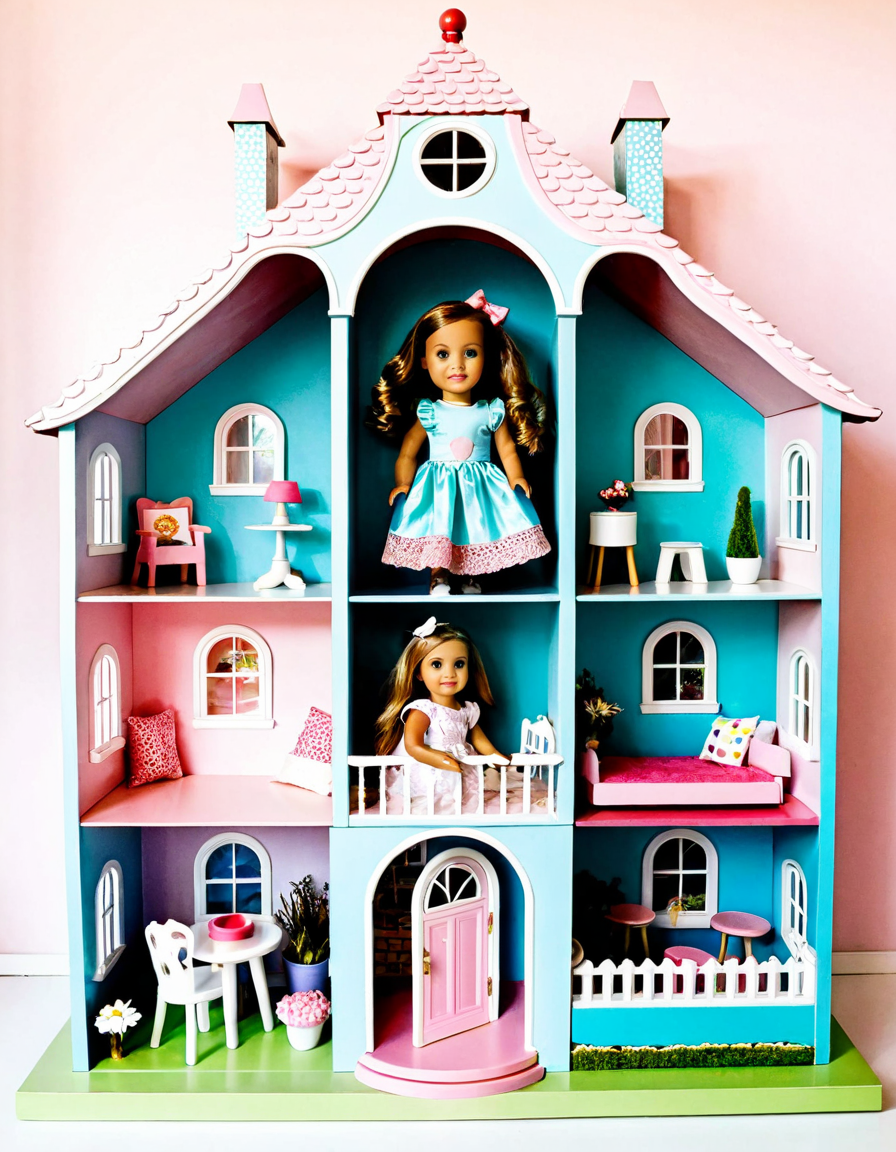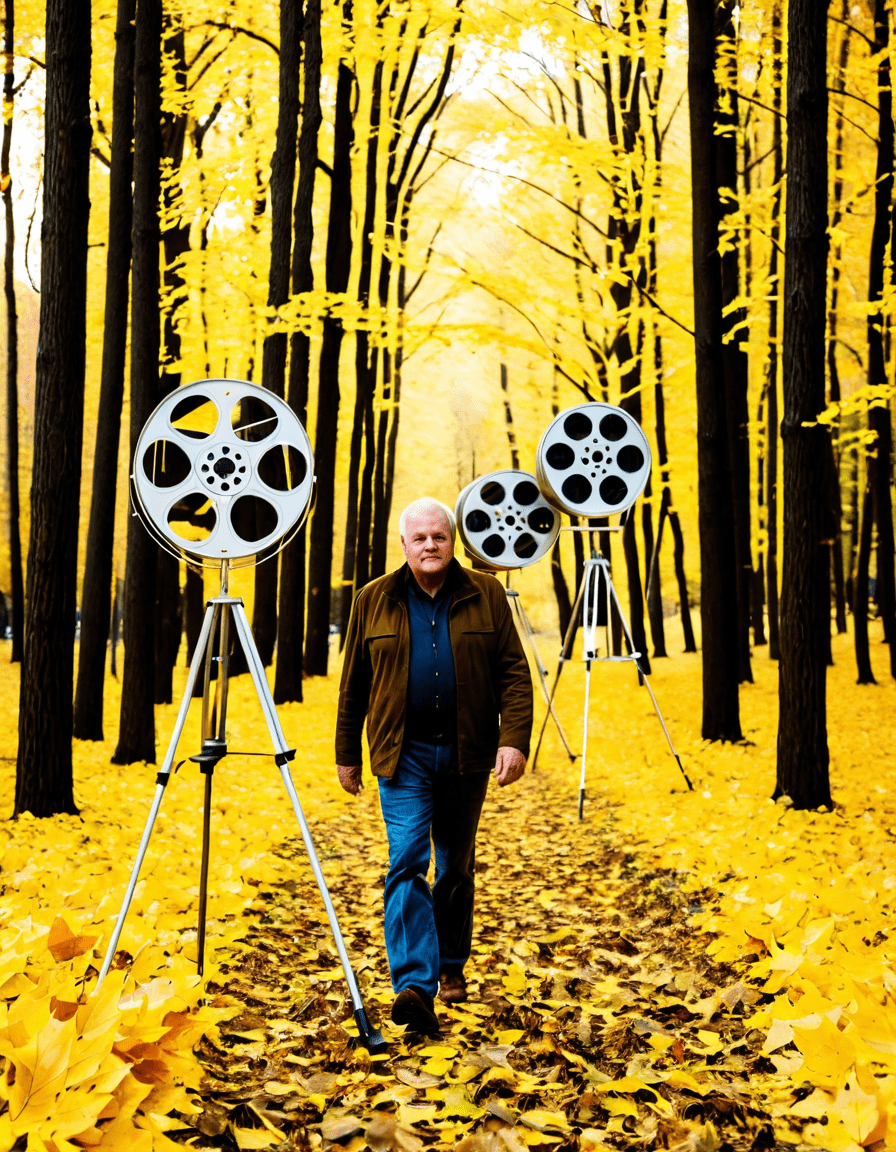When you wander the cobblestone streets of Paris as the sun sets, dipping the city into hues of orange and violet, you’ll notice a linguistic shift as palpable as the changing sky. A new greeting takes center stage: ‘bonsoir,’ the most common French for ‘good evening’. While ‘bonjour’ is the versatile usher of daytime salutations, French culture cherishes specificity, blossoming into a timely ‘bonsoir’ as the evening unfurls. It’s an entrancing dance of words that marks the end of the day, a cultural ritual that demands a closer look for anyone infatuated with the finesse of French social etiquette.
Embracing the Nuance: More Than Just French for Good Evening
The subtle art of greeting someone in France is laden with social cues, and ‘bonsoir’ is no mere exception. It’s an embodiment of French sophistication, a signal that the rhythm of the day has shifted. French social linguists impart that ‘bonsoir’ is fittingly exchanged as the daylight dwindles, typically from 6 PM onwards, morphing into ‘bonne nuit’ as bedtime approaches.
So, when do you opt for ‘bonsoir’ over ‘bonjour’ or the casual ‘salut’? It’s a societal ballet, a cue to read the room—or rather, the sky. You’ll hear ‘bonsoir’ ripple across restaurants, sleeves of theaters, and blossoming nightlife, each utterance a nod to the onset of evening’s elegance.
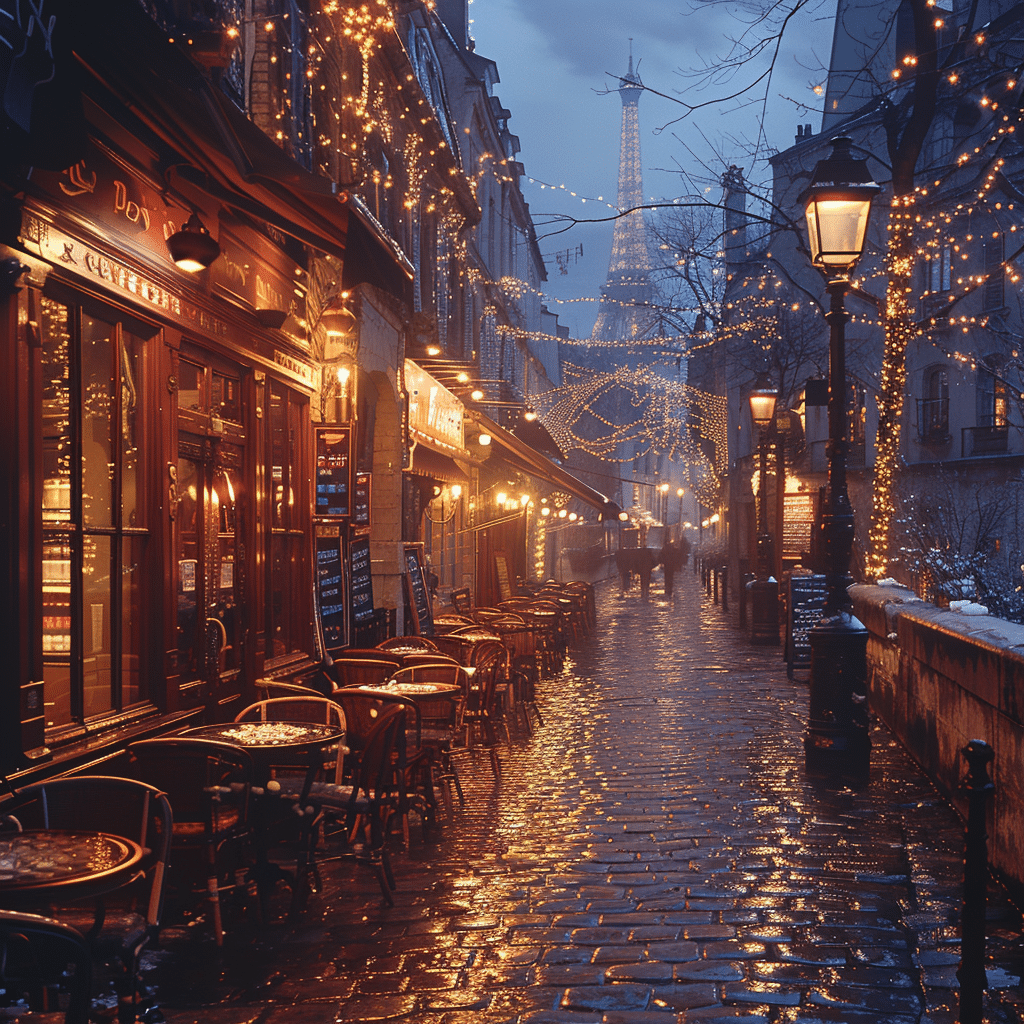
The Regional Flavors of French Greetings
‘Bonsoir’ drapes each French-speaking region in its distinctive cloak. In Paris, the greeting is often crisp, the ‘r’ rolling off tongues like the last drop of a fine Bordeaux wine. Head south to the sun-soaked streets of Marseille, and ‘bonsoir’ adopts a warmer, elongated intonation, a symphony with the Mediterranean breeze. Meanwhile, in the gastronomic heart of Lyon, it’s not uncommon to hear a softer, affectionate rendition of the greeting, as if it were a culinary secret handed between chefs.
These regional subtleties, gleaned from interviews with locals, underscore the importance of ‘bonsoir’ as not just a greeting but an auditory postcard from each corner of Francophone culture.
| French Phrase | English Equivalent | Usage Context | Example Scenario | Additional Notes |
|---|---|---|---|---|
| Bonsoir | Good evening | Greeting someone in the evening or night. | Meeting someone at a dinner. | Most common evening greeting. |
| Bonjour | Good day | A general greeting used at any time of the day. | Greeting someone in the morning or afternoon. | Often replaced by “Bonsoir” in the evening. |
| Bonne soirée | Have a good evening | Used when leaving someone in the evening. | Parting ways after an event. | Implies well-wishes for the rest of the evening. |
| Je vous souhaite une bonne soirée | I wish you a good evening | Expressing good wishes for the evening specifically to the person you are speaking to. | Ending a conversation or a meeting in the evening. | More formal; can be used in written or spoken communication. |
The Historical Evolution of the French Bonsoir Greeting
Delving into the annals of time, ‘bonsoir’ has graced the lips of the French for centuries. Historical French literature is peppered with this nighttime salutation, and language evolution studies suggest that its usage has always conveyed respect and gentleness towards the night.
As history wove its narratives, ‘bonsoir’ evolved, mingling with societal changes to settle into the contemporary grace with which it’s wielded today. It’s not merely a greeting but a historical tapestry reflecting France’s timeless love affair with etiquette and precise communication.
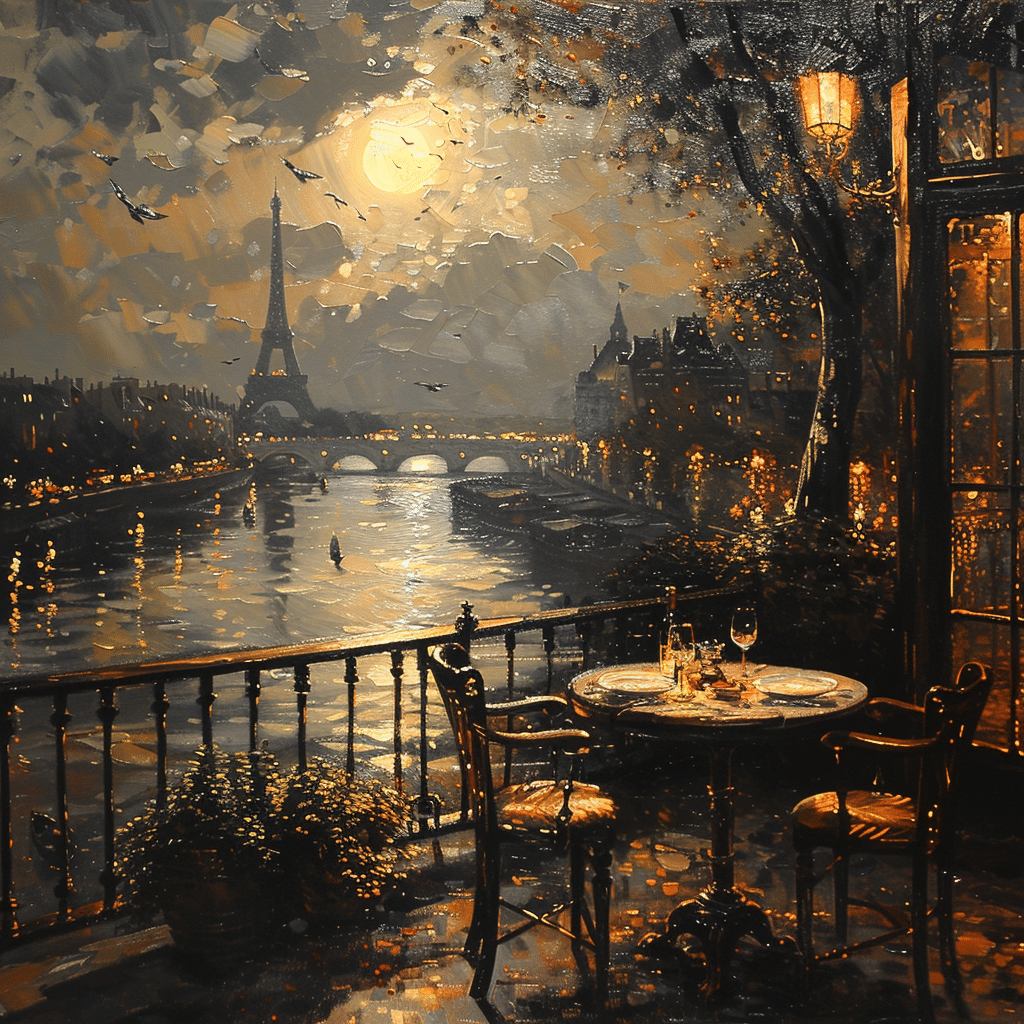
Bonsoir’s Role in Formal and Informal Settings
Whether in a hushed boardroom or a bustling family kitchen, ‘bonsoir’ morphs to match its habitat. In formal settings, it encapsulates decorum, often initiating a handshake or a respectful nod. French etiquette coaches neatly distinguish its use among friends and relatives where the greeting often precedes a warm embrace or a cheek-kiss exchange, loosened by familiarity yet never stripped of its inherent politeness.
The greeting touches different chords across social strata and age groups, from the reverent ‘bonsoirs’ shared between elders to the breezier versions traded by the youth, infusing the French language with versatile respect.
The Linguistic Artistry of Bonsoir: Pronunciation and Response
Mastery of ‘bonsoir’ is a phonetic delight. With lips slightly pursed for the ‘b’, and the nasal intonation of ‘soir’, the word flows with an almost musical quality. Native speakers provide audio examples where the ‘n’ of ‘bon’ subtly hums in the nose while the ‘r’ of ‘soir’ softly anchors the greeting.
Responses to ‘bonsoir’ are an art themselves, replete with paired body language. A slight nod, a softening of the eyes, or a verbal echo, “Bonsoir, comment ça va?” all contribute to the complex communication patterns woven into the fabric of French social interactions.
Integrating Bonsoir into Full Conversations
Picture this: A gentle ‘Bonsoir’ as an overture to the night’s discourse, the gateway into deeper communication. French language instructors emphasize the transition from ‘bonsoir’ to ensuing dialogue as a seamless stream, enriched by courteous inquiries about one’s day, or an invitation to share a moment, be it a dinner or a passing exchange on the street.
Consider the dancer bidding farewell after a performance in Paris, “Bonsoir, je vous souhaite une bonne soirée,” graciously swirling ‘I wish you a good evening’ into the twilight air. It’s an elegant conclusion, a reverent nod to the day’s end as captured in the classic narrative Celeste And Jesse forever.
Conclusion: The Intricate Dance of French Evening Salutations
The ‘bonsoir’ salutation is a cultural chorus of greetings that sings the night in. It’s a fine thread in the fabric of French society, a linguistic charm that adds depth and grace to every encounter. As you embrace the wonders of travel, finding yourself nestled in one of the many “luxury hotels near me”, let the art of ‘bonsoir’ infuse your interactions with the poetic cadence of French civility.
Whether you’re echoing ‘bonsoir’ under the stars of Queenstown, New Zealand, or sharing it amidst the historical allure of Ellicott City, remember it’s more than a greeting—it’s a shared experience, a mutual recognition of the day’s unwinding rhythm. What remains is the enchantment of the evening and the promise of conversations yet to unfurl, a reminder that, like the finest “five-star hotels near me”, the true value lies in genuine connection and cultural embrace.
To the traveler attuned to the whispers of the world, ‘bonsoir’ is a gateway, an invitation to join the French in their nightly ballet of language—a dance you’ll carry with you, long after the night has softened into day.
Unveiling the Charm of ‘French for Good Evening’
Ah, ‘bonsoir’—the silky French salutation that rolls off the tongue as smoothly as a fine wine. But did you know that this graceful ‘French for good evening’ greeting is much more than just a goodbye to the sun? C’mon, let’s dive into some nuggets of trivia that’ll have you greeting like a genuine Parisian in no time!
When to Say ‘Bonsoir’ and When It’s a No-no
Alright, folks, let’s clear the air. You don’t want to jump the gun and drop a ‘bonsoir’ while the cock’s still crowing. It’s all about timing! You toss out a ‘bonsoir’ once the sun starts to dip and the streetlights flicker to life—usually around 6 PM. On that note, consider how knowing the right time to say ‘bonsoir’ could change your approach, say, when driving around town in an eco-friendly Honda hybrid car. You’ve got the smoothness of the ride and your timing on point—a combo that’s bound to impress!
The Etiquette Behind ‘Bonsoir’
Now hold up! Before you go sprinkling ‘bonsoirs’ like confetti, keep this in mind: Context is king. It’s a greeting that packs a punch of formality—perfect for those instances when you waltz into one of those fancy Hotels near me you’ve been googling. But remember, if you’re about to snuggle up in PJs at a friend’s abode, a laid-back ‘salut’ is your go-to.
A Traveler’s Guide to ‘Bonsoir’
Imagine you’re in Queenstown New zealand, surrounded by jaw-dropping vistas, and you tick off “learning French” from your bucket list. Dropping a ‘bonsoir’ to a local French expat could be your golden ticket to a hearty convo or maybe even a crème de la crème dinner invite. Who knew that mastering the ‘French for good evening’ could be such a nifty travel hack?
‘Bonsoir’ in Pop Culture: René-Charles Angélil
Talk about a high-profile rendezvous. Picture this: You helming a grand entrance at a Five-star hotel near me, all set to meet none other than the offspring of music royalty—René-charles Angélil. You’ll want that ‘bonsoir’ to be nothing short of flawless. Why settle for less when you could dazzle like the star-studded sky?
‘Bonsoir’ and Luxury: More Than Just a Greeting
Let’s not kid ourselves; uttering a ‘bonsoir’ steps up the game, especially when checking into that enchanting luxury hotel near me you’ve had your eye on. Feels lavish, doesn’t it? It’s like this particular ‘French for good evening’ weaves a spell of sophistication and savoir-faire around you.
So, there you have it—a bit of flair, some cheeky facts, and hey presto, you’ve got the lowdown on the French greeting that twinkles like the City of Lights itself. Strap on your berets and let the evening be your stage. After all, a ‘bonsoir’ well said could make all the difference, n’est-ce pas? Bonsoir, my friends, bonsoir!
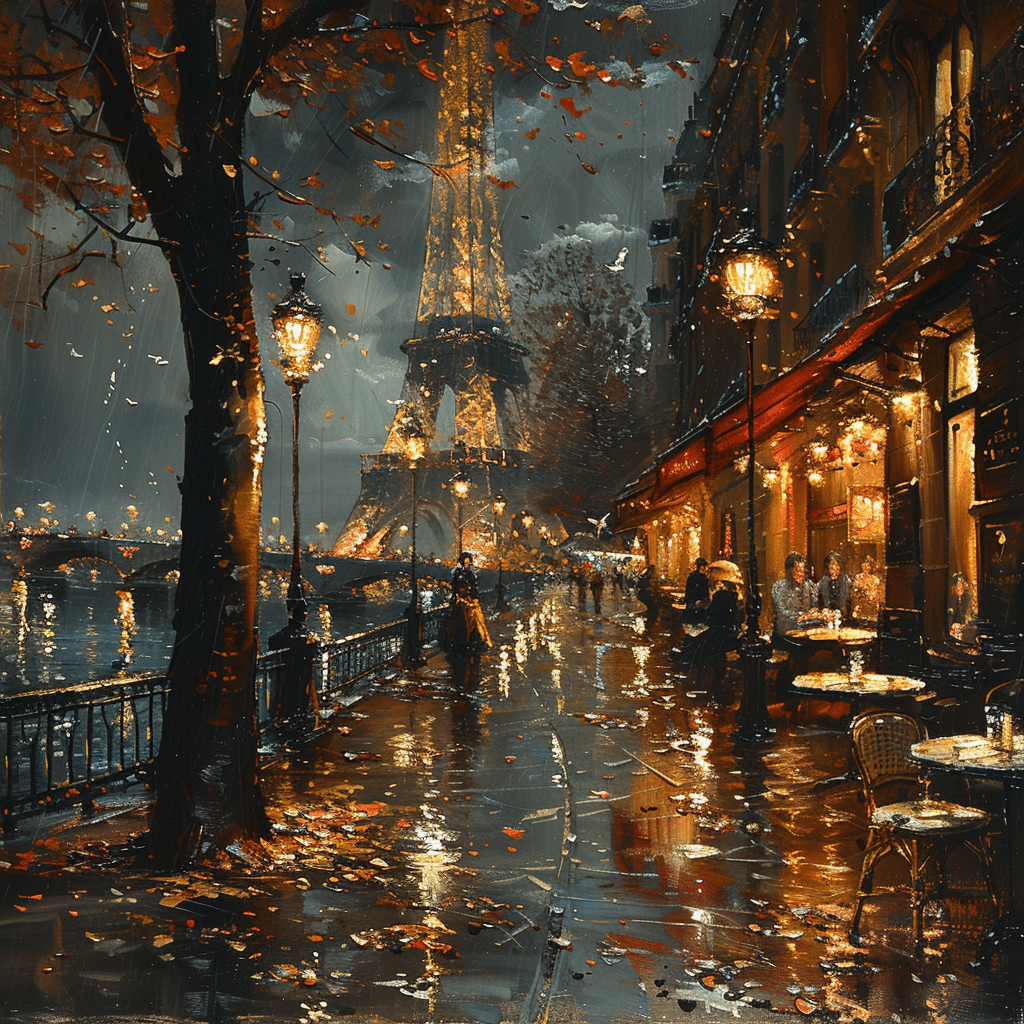
Is Bonsoir good evening?
– Is Bonsoir good evening?
Yep, you’ve got it! Bonsoir is the go-to phrase for “Good evening” in French, perfect for when the sun starts to dip and night falls. It’s like the French are saying, “Let’s call a spade a spade; it’s evening, so let’s greet accordingly!” You’ll hear it tossed around more often as the day winds down—so next time, mix it up and add a little French flair to your evening hellos!
What is the difference between bonsoir and bonne soirée?
– What is the difference between bonsoir and bonne soirée?
Alright, so picture this: ‘bonsoir’ is the ‘hey there’ you give someone when the streetlights pop on, while ‘bonne soirée’ is that warm ‘have a great night’ you throw their way when you’re parting ways. Think of ‘bonsoir’ as your evening hello handshake, and ‘bonne soirée’ as your goodbye hug at day’s end. Easy peasy, right?
How do you say good evening as a greeting in French?
– How do you say good evening as a greeting in French?
Easy-peasy! If you’re aiming to charm someone the French way as the night rolls in, you’ll wanna go with ‘Bonsoir’. It’s the magic word that brings out that evening sparkle, turning your plain old “hello” into something with a little more ooh-la-la once the day hits twilight.
How do you say I wish you a nice evening in French?
– How do you say I wish you a nice evening in French?
Want to leave someone with warm fuzzies in French as the evening sets in? Just say, “Je vous souhaite une bonne soirée,” and voilà! You’ve just wished them a lovely evening with all the bells and whistles of French elegance.
How do I reply to bonjour?
– How do I reply to bonjour?
Caught a “bonjour” coming your way? Simply toss one back like a tennis ball and say “Bonjour!” right back at ’em! If you’re feeling chatty, a cheery “Ça va?” or “How’s it going?” can follow, opening the door to a nifty little chat.
What should I reply to Bonsoir?
– What should I reply to Bonsoir?
When someone hits you with a ‘Bonsoir,’ just hit the ball back with another ‘Bonsoir!’ Trust me, it’s like a friendly evening nod that says you’re all in for the nightly camaraderie. You could even spice it up with a “Comment ça va?” if you’re feeling the vibe to make the conversation dance.
Do French people actually say bonsoir?
– Do French people actually say bonsoir?
Oh, absolutely! When the French clock out for the day, ‘bonsoir’ is their go-to move, like slipping into comfortable evening slippers. So when in France, as the daylight starts fading away, don’t hesitate to join the club and share a hearty ‘bonsoir’!
Can I say Bonsoir at night?
– Can I say Bonsoir at night?
You betcha! ‘Bonsoir’ rolls right in when the day takes a bow, and it keeps going strong throughout the night. Next time the sky’s dressed in stars, feel confident in breaking out a smooth ‘bonsoir’ to anyone you meet.
Can you say Bonjour at night?
– Can you say Bonjour at night?
Eh, not really the norm. ‘Bonjour’ is your sunshine greeting; it’s like wearing flip-flops—it feels a bit off when it’s dark out. Once the evening sets in, switch gears to ‘bonsoir’ to stay in tune with the French vibe.
What is yes in france?
– What is yes in france?
Short and sweet: “Oui” is your golden word. Whether you’re answering a question or agreeing to that extra slice of cake, “Oui” is your go-to yes in the land of croissants and the Eiffel Tower.
What is goodbye in France?
– What is goodbye in France?
When it’s time to say “see ya,” the French bid adieu with a simple “Au revoir.” It’s like a promise to see each other again, wrapped in a classy little two-word package. So next time you’re waving goodbye, drop an “Au revoir” and you’re all set.
What is the greeting etiquette in France?
– What is the greeting etiquette in France?
Hold onto your hats, ’cause in France, greeting etiquette is quite the dance! A friendly “Bonjour” or “Bonsoir” depending on the time, cheek kisses (you know, the famed ‘la bise’) among friends, and a firm handshake for first-time meets. Remember, manners maketh man—or woman—so greet like the French to fit right in!
What is another way to say good evening?
– What is another way to say good evening?
Looking to spice up your evening lingo? Try on “Good night” if you’re wrapping up, or how about the more formal “Evening” for size? They’re handy alternatives when “Good evening” starts feeling like yesterday’s news.
What is another way to say nice evening?
– What is another way to say nice evening?
If you’re gunning for an even toastier way to say “nice evening,” shoot for “Great night” or “Lovely evening.” These phrases are like a cozy blanket, wrapping your goodbye in a touch of sunshine, no matter how many stars are out.
How do you respond to bonjour tout le monde?
– How do you respond to bonjour tout le monde?
Got a room full of bright-eyed folks saying “Bonjour tout le monde”? Just wave back and let a cheery “Bonjour!” fly. It’s like a sunny group hug—minus the actual hugging. You could add a little “Comment allez-vous?” to spark up some group banter, too!
When should I use Bonsoir?
– When should I use Bonsoir?
When the day decides to take a load off and relax a bit—usually post-afternoon—you roll out the red carpet for ‘bonsoir’. It’s your cue that the sun is clocking out, and now’s the time to unleash the evening’s magic word.
How late can you say Bonsoir?
– How late can you say Bonsoir?
Trick question, right? ‘Bonsoir’ sticks around all the way ’til bedtime. So, whether you’re under the pale moonlight or it’s pitch-black outside, ‘bonsoir’ is still the champ of nighttime chit-chat. Basically, as long as you’re not in your PJs, you’re good to go with ‘bonsoir’.
Is a bonsoir formal or informal?
– Is a bonsoir formal or informal?
‘Bonsoir’ is like a dress shirt paired with jeans—it fits both formal settings and casual run-ins. Whether you’re schmoozing at a swanky soirée or bumping into a neighbor, ‘bonsoir’ flexes to the occasion without breaking a sweat.
What does Bonsoir mean?
– What does Bonsoir mean?
So, here’s the deal: ‘Bonsoir’ is French for ‘Good evening’—a classy way to say hey when the sun dips and evening is in full swing. It’s like your day-to-night transition greeter, tipping its hat to you as you slide from work to wine-down mode.



